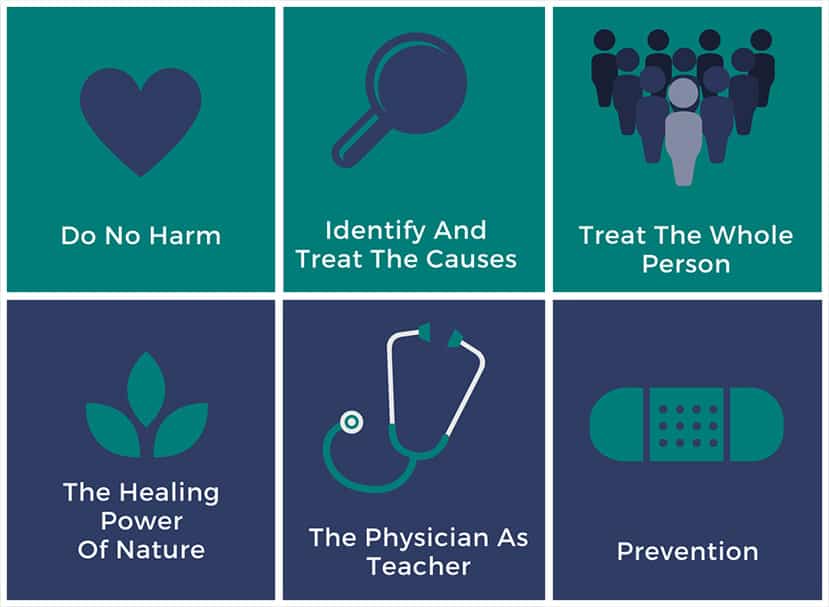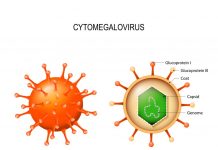What’s the difference between a naturopathic doctor and a normal medical doctor? Naturopathy and other natural healing schools are increasingly popular, but it can be difficult to pin down exactly what makes these approaches important and innovative compared to conventional medicine. The differences between naturopathic and allopathic medicine are as simple as the kinds of remedies they use, and as deep as their philosophies.
Philosophy of Naturopathic Medicine

According to the Canadian College of Naturopathic Medicine, there are six “fundamental healing principles” that direct all naturopathic treatment:
- Do No Harm. Like conventional medicine, naturopathy begins with this directive. In natural healing, this means the use of treatments that minimize side effects.
- Treat the Cause, Rather Than the Symptoms. Unlike doctors and pharmacists, who focus on drugs and treatment for symptoms, naturopathy schools teach doctors to address the causes of disease.
- Teach Healthy Principles. Clients and patients are taught to maintain health with nutrition and lifestyle education.
- Heal the Whole Person. This means learning more about the patient than the illness, and creating specific treatment unique to each person.
- Emphasize Prevention. Clients and patients learn responsibility for their own health and well being.
- Support the Body’s Natural Healing. The human body has amazing power to heal itself, when given the aid and opportunity to do so, and naturopathic interventions are guided toward helping the body, rather than interfering with its natural processes.
Why See a Naturopathic Doctor?
In addition to a slightly broader philosophy of healing, naturopathic doctors (“NDs”) have different tools at their disposal than a regular physician. NDs are trained in a wide variety of medical and healing traditions, giving them the breadth of knowledge to consider symptoms and health concerns from multiple perspectives and put together a whole-body or whole-system approach to health.

NDs can offer a broad range of treatment approaches and make suggestions about health, from disciplines that may include:
- nutritional counseling
- acupuncture
- ayurveda
- traditional Chinese medicine (TCM)
- vitamins and herbal supplements
- aromatherapy
- homeopathy
- massage
- energy medicine
- craniosacral
- osteopathy
People are often surprised by the interest NDs have in the everyday details of diet and health, and the amount of time and attention naturopaths are willing to spend on getting the whole picture before treating any symptoms. The naturopathic school of thought demands this kind of thoroughness, in order to treat the causes and help the whole person.
Natural Treatments – What to Expect

One of the features that draws people to visit an ND rather than an MD is the type of treatments offered. In general, naturopathic treatments are more subtle and have fewer side effects than drugs and other medical treatments. They support the body’s overall health and healing, rather than imposing a “cure” for a specific ailment or disease that may cause other problems.
Because they are more subtle and less damaging in the long run, natural treatments may work more slowly than a medical drug, but rest assured that they do work. Herbal medicine, aromatherapy, and acupuncture – among other schools of natural healing – have each been studied for their effectiveness and have shown statistically that they do work to help people with various kinds of pain, discomfort, and illness.
Naturopathic medicine isn’t for everyone, but for those seeking a different kind of medicine that reveals health rather than treating disease and that focuses on the body’s natural strengths, it can be a great fit.


















